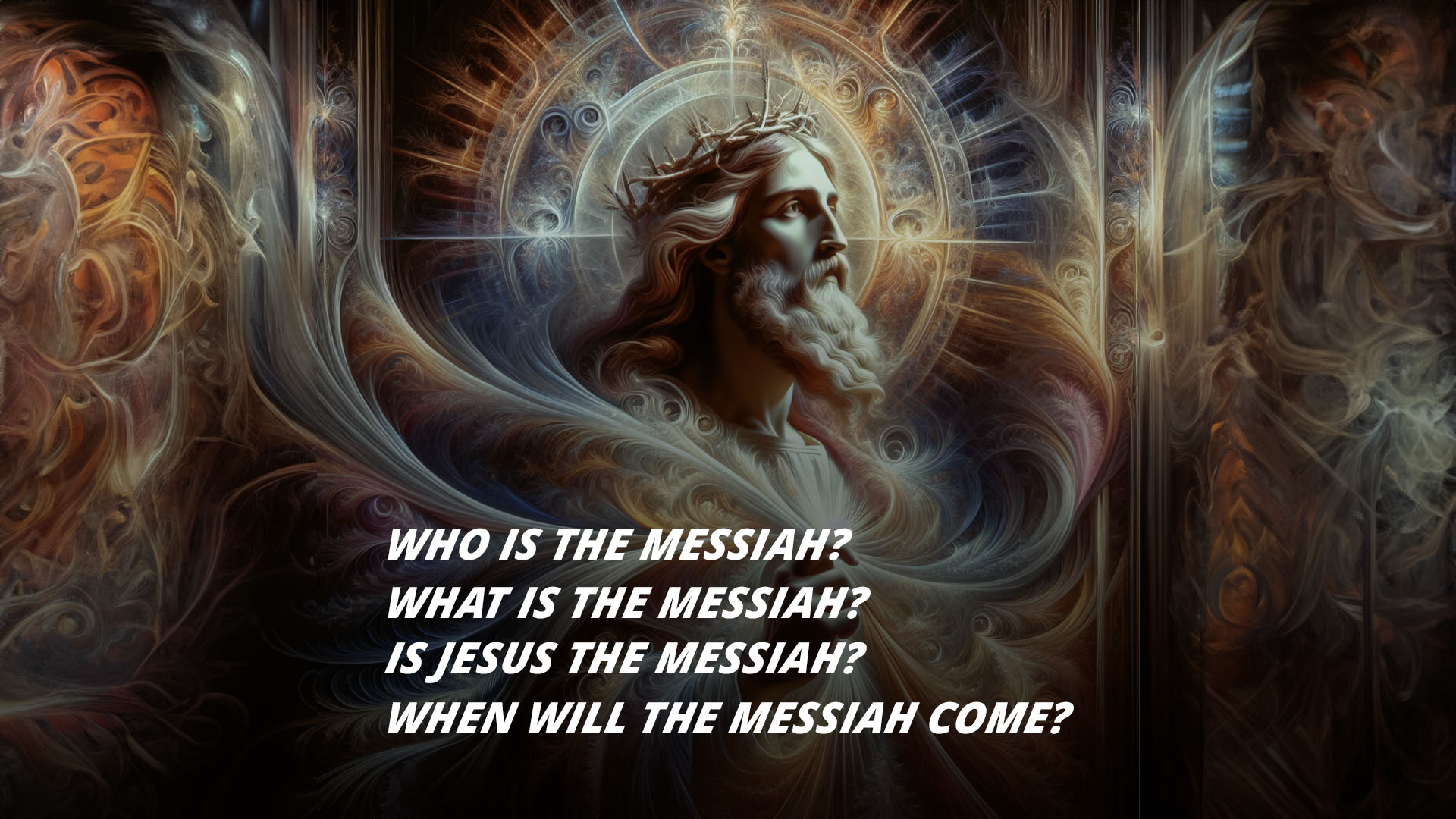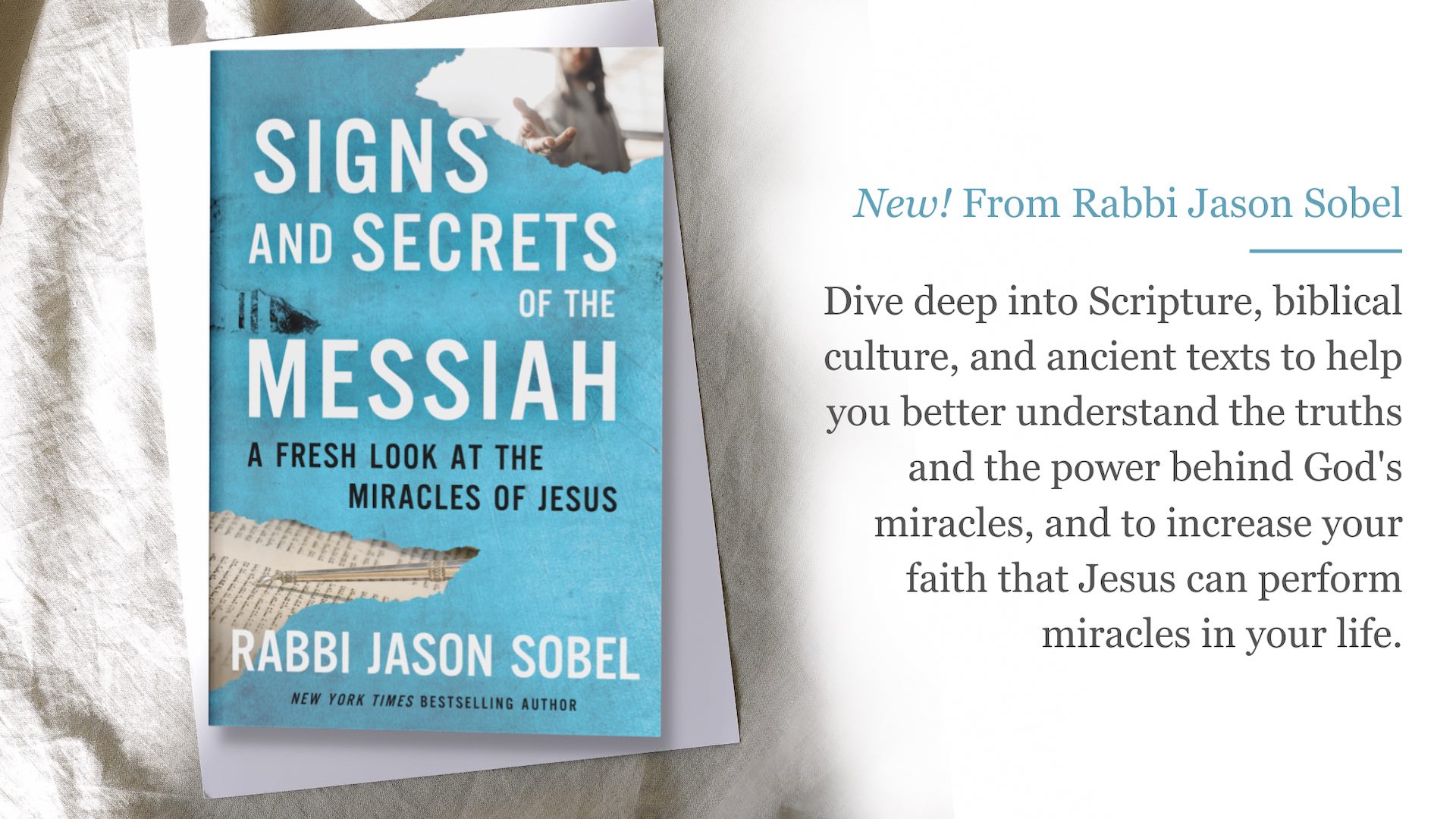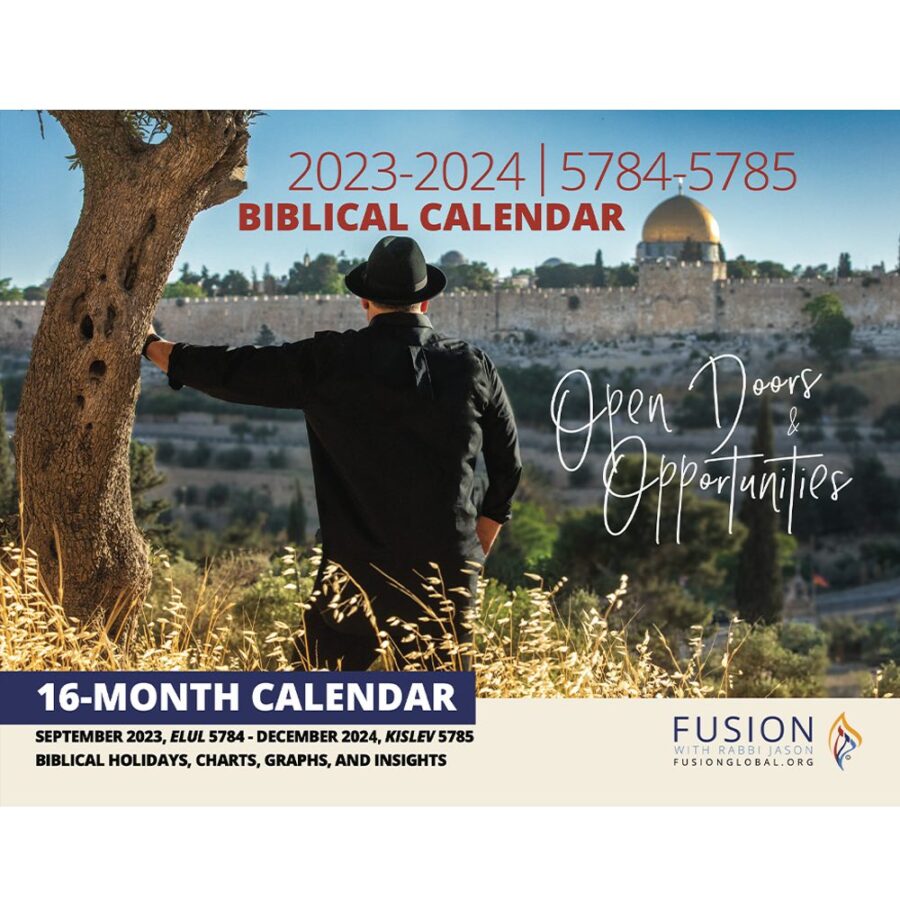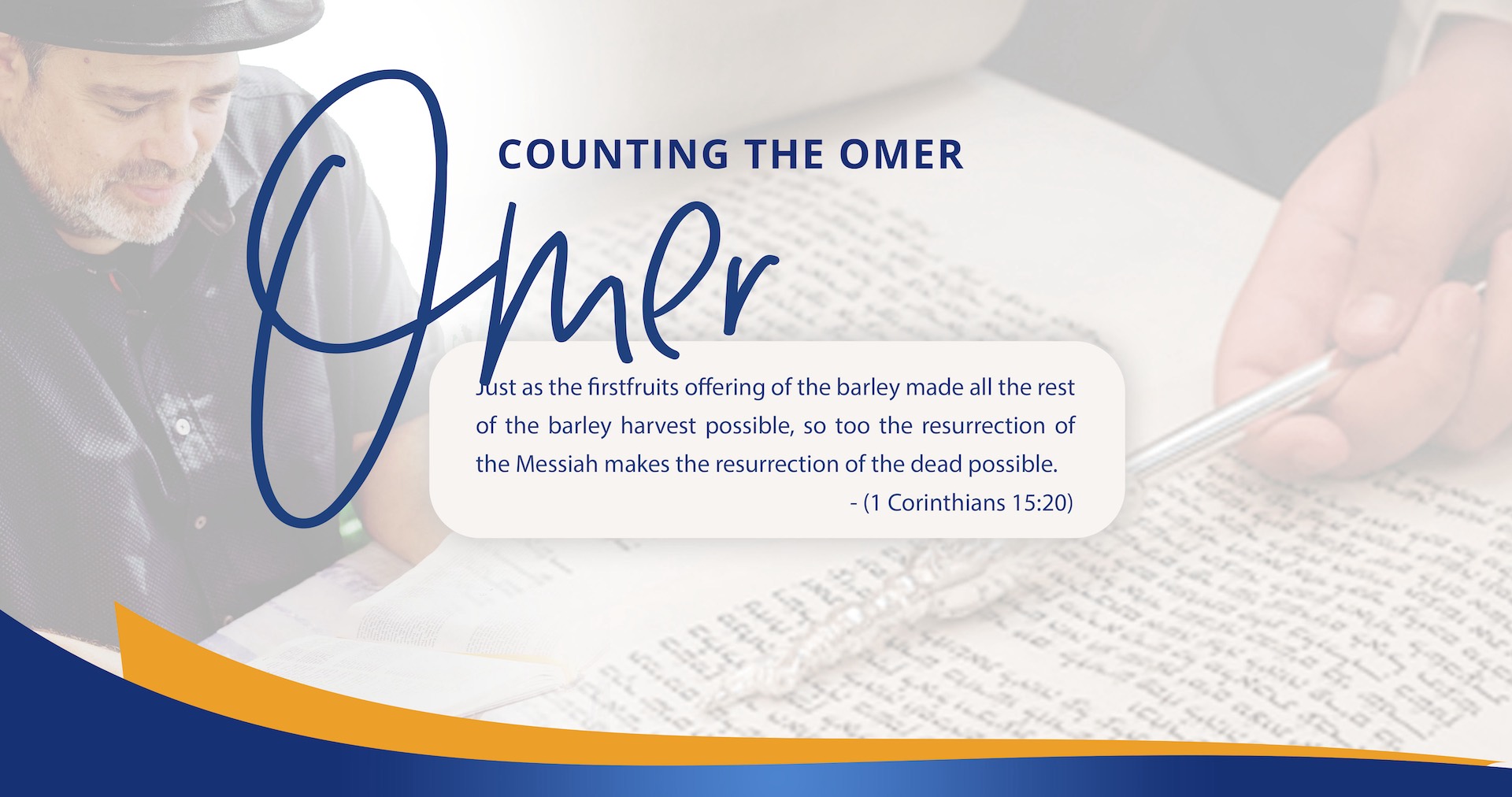Who is the Messiah? Is it Jesus?


The answers to these questions are some of the more exciting developments in biblical literature. What many people don’t know is that the idea of what a Messiah was, is, or will be, evolved. As early as the first Book of the Bible, (Genesis) we see prophetic allusions to a coming figure whose role and purpose are distinct. Many biblical interpreters have understood Jacob’s blessing of his son Judah to include a “Messianic prophecy.”
Judah, so you are—
your brothers will praise you:
Your hand will be on your enemies’ neck.
Your father’s sons will bow down to you.
A lion’s cub is Judah—
from the prey, my son,
you have gone up.
He crouches, lies down like a lion,
or like a lioness—
who would rouse him?
The scepter will not pass from Judah,
nor the ruler’s staff from between his feet,
until he to whom it belongs will come.
To him will be the obedience of the peoples.
Binding his foal to the vine,
his donkey’s colt to the choice vine,
he washes his garments in wine,
and in the blood of grapes his robe.
His eyes are darker than wine,
and teeth that are whiter than milk. (Genesis 49:8-12)
Now, let’s take a deeper dive…
The concept of a Messiah and its supporting biblical texts had a meaningful relationship with political leadership in Israel’s history. For instance, despite “clear” biblical prophecies about a Judahite king, the prophet Samuel anointed a Benjamite named Saul as Israel’s first king. The fact is, there have been ample debates throughout Israelite history as to what constituted a Messianic prophecy. Centuries later, the Tzadokites—a post-Exilic priestly group known in the New Testament as the Sadducees (the Hellenized version of their name)—interpreted Ezekiel 44 as a Messianic prophecy to justify the renunciation of a Davidic dynasty for the Hasmonean dynasty they established. One of the fundamental challenges of discussing this topic of “Messiah” has been the lack of a clear, precise definition of the term and how to understand the various prophecies related to it. Hence, even today, there are no less than three individuals in Israel claiming to be Messiahs and a long laundry list of deceased individuals who also claimed to be Messiahs (some still revered as such!).
Let us examine what a Messiah is for a moment.
The word “Messiah” is the anglicized form of the Hebrew word Mashiach (משיח), meaning “anointed.” Initially, the term referred to individuals anointed with the oil mentioned in the Book of Exodus.
“You are to make holy anointing oil from it, a fragrant mixture, blended as the work of a perfumer. It will be holy anointing oil…You are to anoint Aaron and his sons and consecrate them, so that they may minister to Me as kohanim. Speak to Bnei-Yisrael saying, ‘This is to be a holy anointing oil to Me throughout your generations. It must not be poured on human flesh, nor are you to make any like it, with its formula. It is holy and it must be holy to you. Whoever mixes any like it, or whoever puts any of it on anyone unauthorized, will be cut off from his people.'” (Exodus 30:25, 30-33)
Initially, the anointing experience was reserved for those priests appointed for service. The first time the word Mashiach appears is in Leviticus 4:3, “or if the anointed kohen sins to bring guilt on the people—then let him offer for his sin which he has committed, a young bull without blemish to Adonai for a sin offering.” This priestly context was the understanding of “Mashiach” until Samuel anointed Saul (see 1 Samuel 10). This phenomenon later reoccurred with David,
“So Samuel took the horn of oil and anointed him in the midst of his brothers. From that day on Ruach Adonai came mightily upon David. Then Samuel rose up and went to Ramah.” (1 Samuel 16:13)
According to Rabbinic tradition, the same oil Moses made was used to anoint every king and priest in Israel’s history, and it will be used in the future to anoint the Messiah and the articles of the Third Temple.
This meaning of Mashiach as being anointed with oil would slowly shift to mean something more metaphorical and spiritual. We see this development in Isaiah’s writings: “Thus says Adonai to His anointed, Cyrus, whose right hand I have grasped, to subdue nations before him, to lose the belts of kings, to open doors before him so that gates may not be shut” (Isaiah 45:1). Isaiah also recorded one of the generally accepted Messianic prophecies, “The Ruach of Adonai Elohim is on me because Adonai has anointed me to proclaim Good News to the poor” (Isaiah 61:1). The concept of “anointed” has thus evolved from the experience of smearing a specifically formulated oil on a particular individual to having some sort of authority or spiritual purpose imparted. Consequently, the development and expansion of the Messiah’s role had the unintended consequence of the title’s meaning becoming increasingly muddled.
As for the numerous false Messiahs that have arisen within Judaism, the New Testament itself mentions four, and Jesus warns of others (see Matthew 24), demonstrating Messianic prophecy—much like the broader category of biblical prophecy—is easier to superimpose onto current events than it is to use predictively and accurately. At last count, according to biblical prophecy “experts,” we’ve lived through eight “End of Days” and an entire Dark Age. To date, the work of said experts has been disappointing. Yet despite that, I am confident that one day, the true Messiah will return to judge the living and the dead, and of His kingdom, there shall be no end! That said, until Yeshua’s nail-pierced feet touch down on the Mt of Olives, it is wise to resist any temptations to get overly excited when anyone claims to have definitively and comprehensively sorted out the details of His return.
Which brings us to the question of Yeshua as the actual Messiah…
At first glance, He appears like every other Jewish claimant to the title: a man who made bold assertions attracted a large following, drew the wrong kind of attention, and then met a bad end. Let’s consider the claims of Paul, the first-century Apostle (and Rabbi), “Concerning His Son, He came into being from the seed of David according to the flesh. He was appointed Ben-Elohim in power according to the Ruach of holiness, by the resurrection from the dead. He is Messiah Yeshua our Lord” (Romans 1:3-4). Christian New Testament scholar N.T. Wright (in his book, The Resurrection of the Son of God) and Rabbi Pinchas Lapide (in his book, The Resurrection of Jesus: A Jewish Perspective) agree: what sets Yeshua apart from every other Messianic aspirant is God’s vindication of Him through the resurrection.
As noted, interpreters can “superimpose” early Messianic prophecies over several individuals. There have even been odd rhetorical maneuvers to apply these passages to people like the late Rabbi Menachem Mendel Schneerson, the most recent claimant to messiahship to pass away. His followers sang and danced in the streets for three days, expecting his resurrection. Some more devoted followers held out hope for a full seven days. They were sadly disappointed. However, Yeshua’s followers launched a movement that turned the world upside down and continues to thrive today because they witnessed His resurrection as a historical fact (see Acts 2:31-33). Unlike the other Messianic prophecies that various sects have manipulated and misinterpreted due to their obscurity, a claim of resurrection is intensely binary—either it happened or it didn’t. For more than two thousand years, men have laid claim to the title of Mashiach, but only one, namely Yeshua—Jesus of Nazareth—can “check the box” in the resurrection category.
"As always, the Torah portion is exceptional and when combined with Rabbi Sobel's Shabbat message and the Torah reading, it helps me gain a fuller understanding of the text. As well, it leads me to further investigation on my own. "
What is Fusion with Rabbi Jason?
It is in looking back at what God has done that we can see forward to His future plans for us. “For I know the plans I have for you,’ declares the Lord, plans to prosper you and not to harm you, plans to give you hope and a future” Jer 29:11.
At Fusion Global with Rabbi Jason Sobel, we want to add definition to your faith as we restore the lost connection to our ancient roots and rediscover our forgotten inheritance.







